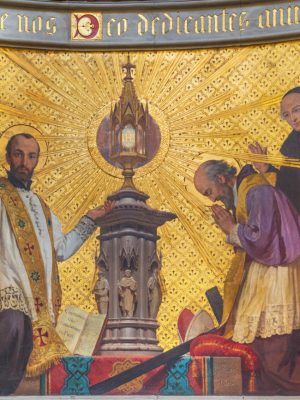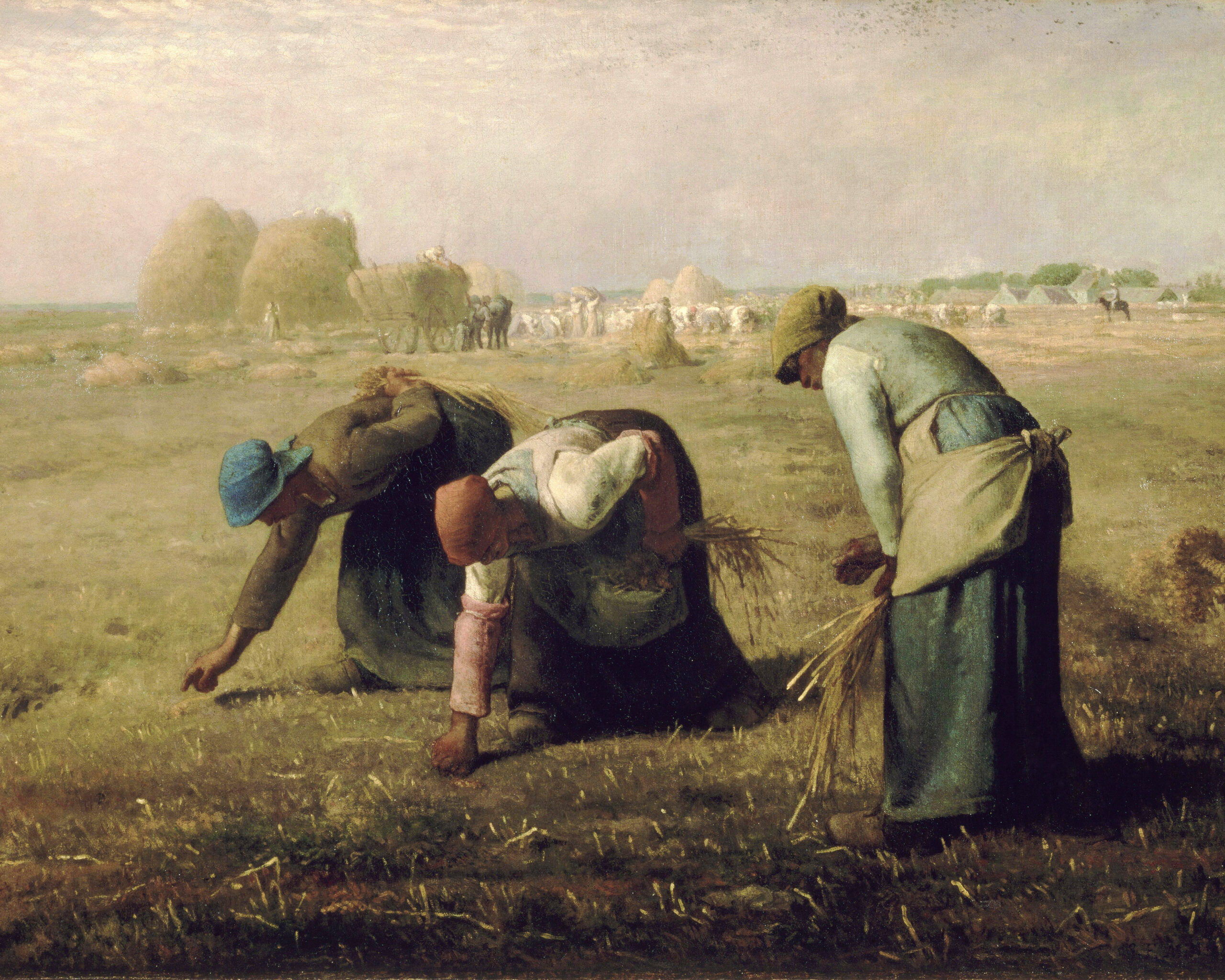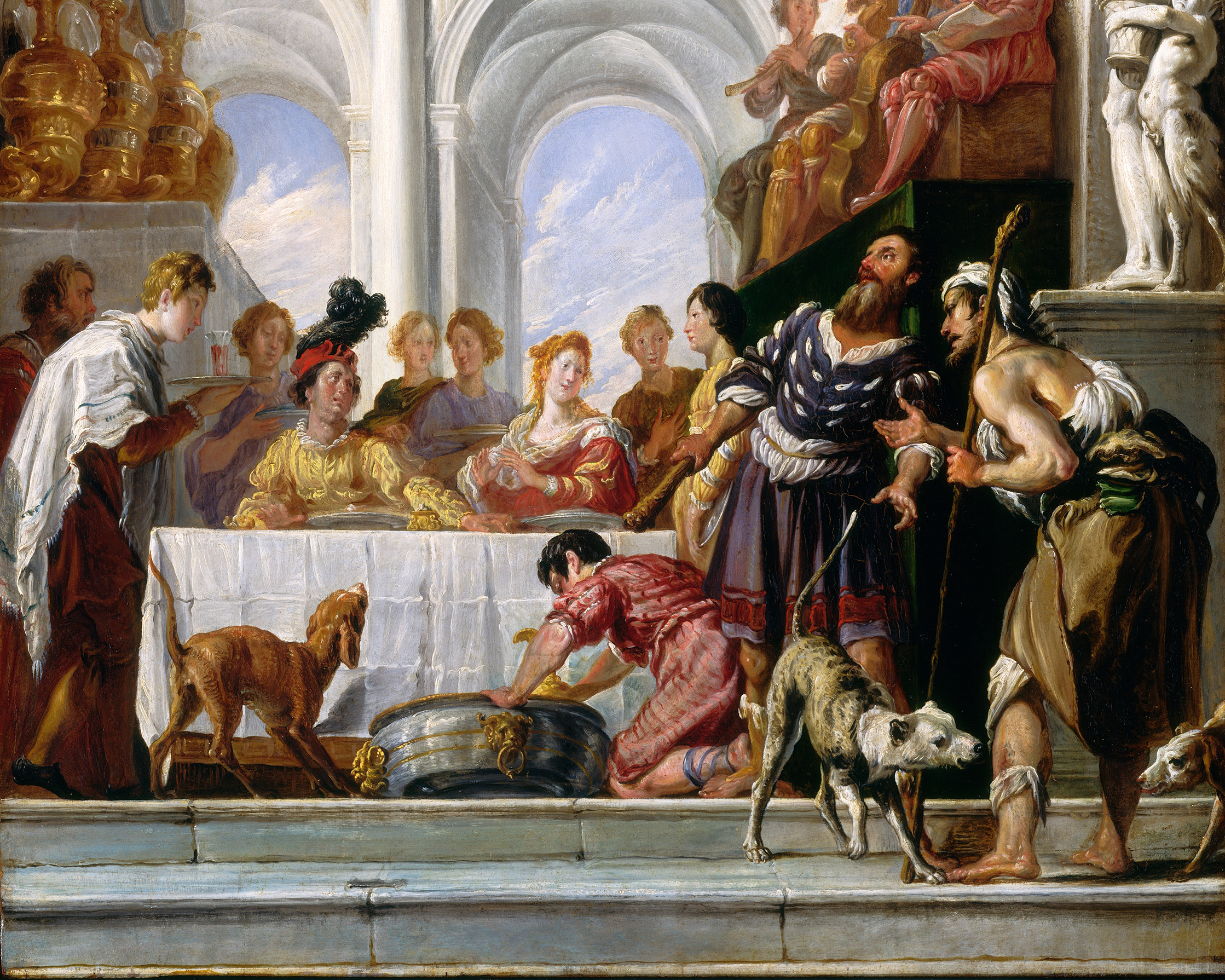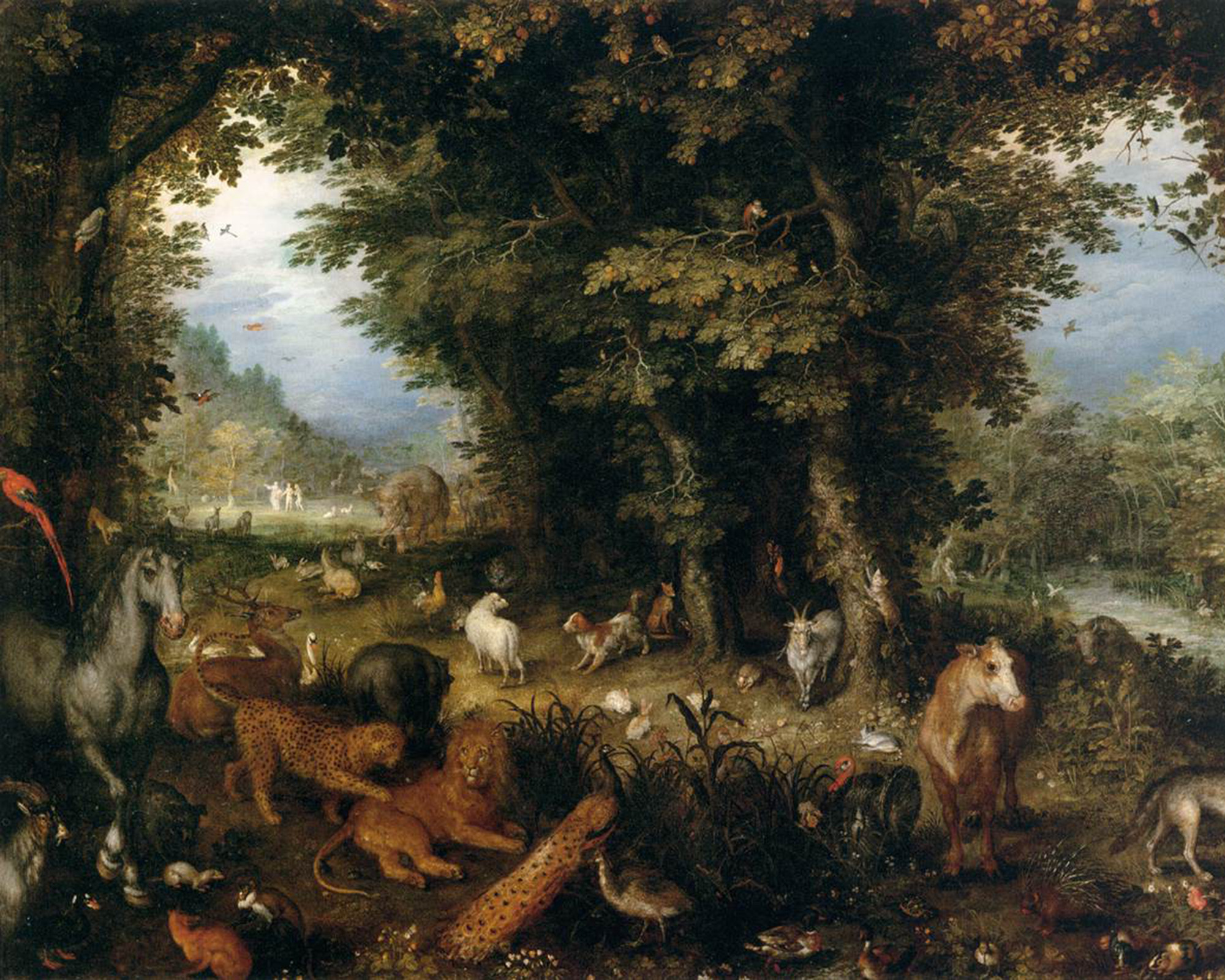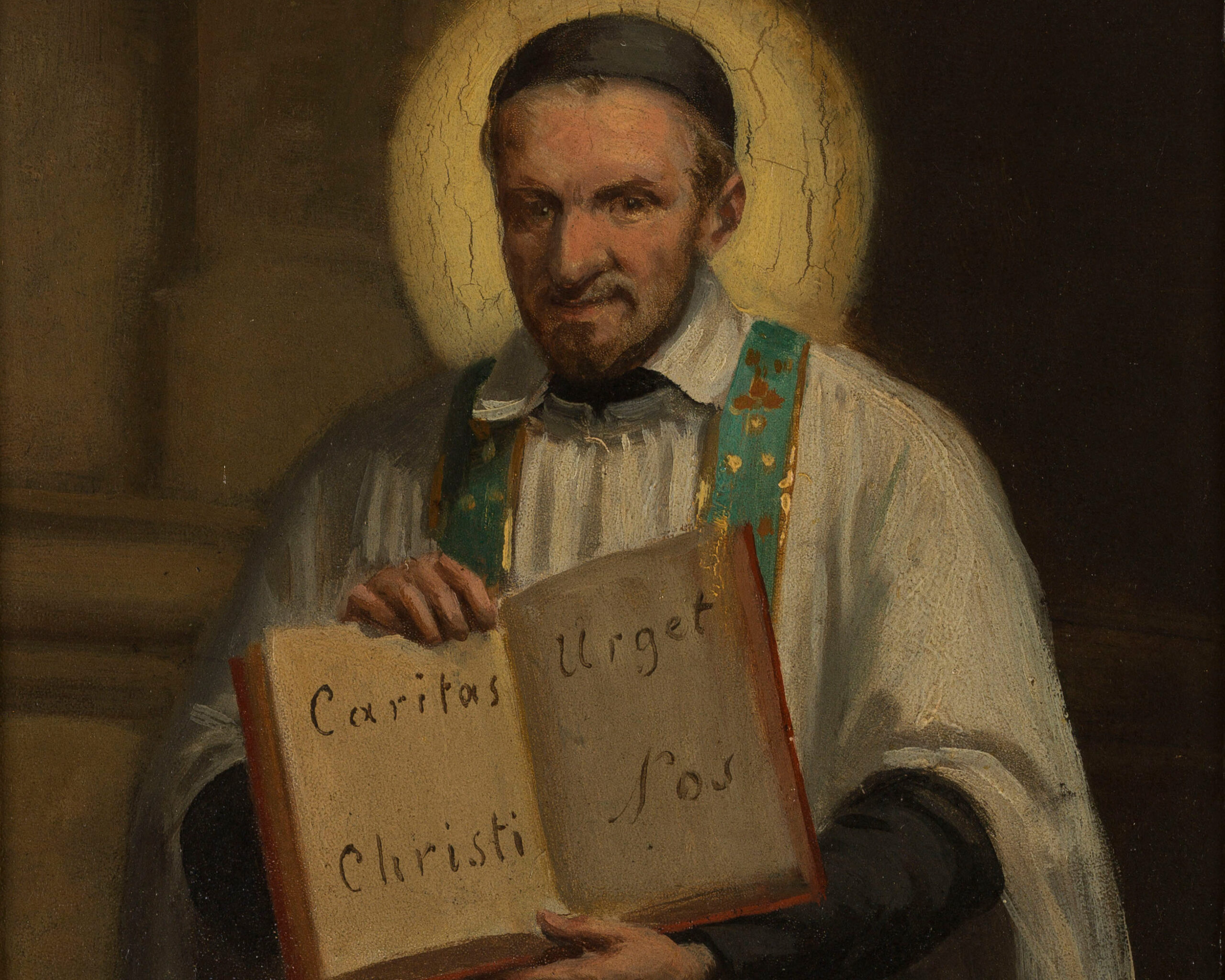Prayer forms Catholic culture more than anything else, especially when centered on the Eucharist. Encountering Christ daily in prayer enables the Eucharist’s divine life to grow and transform everything else. Prayer should shape the rhythm of the Christian life by giving order to each day, providing time to celebrate each week, and drawing us deeper into salvation history through the liturgical year. Time manifests the lordship of Christ by bringing each day under His direction and seeking to conform all things to Him. Christ’s kingdom does not belong to this world, even as it gives shape to the world. Abiding in prayer allows the kingdom of heaven to shape earthly life, drawing the duties, cares, joys, and hardships of this life under its guidance. Prayer bridges the divide between heaven and earth, strengthening Christ’s Eucharistic presence within the soul of the disciple.
Daily prayer provides the necessary foundation for a Eucharistic life. Specifically, personal daily prayer extends the presence of Jesus within the soul, allowing His life to guide ours in an abiding state of communion. Encountering Jesus in the Eucharist initiates a call to remain close to Him and to live out His teaching and commandments. “Abide in me, and I in you. . . . If you abide in me, and my words abide in you, ask whatever you will, and it shall be done for you. By this my Father is glorified, that you bear much fruit, and so prove to be my disciples. As the Father has loved me, so have I loved you; abide in my love. If you keep my commandments, you will abide in my love, just as I have kept my Father’s commandments and abide in his love” (Jn 15:4, 7–10). Although we begin to abide with Jesus through the Eucharist, He teaches us that this communion requires our continued action to follow Him and remain faithful to His commands. Our life cannot contradict the union He offers us; rather, it should reinforce it by following Jesus the rest of the week. Prayer and right living together open our hearts for Jesus to enter in and abide there.
Prayer creates the continual space for Jesus to act in our lives. We are literally not alone when we pray, because through it we come close to Jesus, giving us strength and comfort. The evangelist Luke relates how Jesus told His disciples that “they ought always to pray and not lose heart” (Lk 18:1). When Paul exhorts the Thessalonians to do the same, he urges them always to give thanks, the word for the Eucharist, showing that we should maintain the disposition of prayer at Mass continually: “Rejoice always, pray constantly, give thanks in all circumstances; for this is the will of God in Christ Jesus for you” (1 Thes 5:16–18). Every moment is an opportunity for praise and thanks. Paul also tells the Ephesians to redeem, or ransom (exagorazo), the time, an intriguing image calling us to draw each moment to Christ, redeeming it from the influence of the enemy (see Eph 5:16). The redemption of Jesus should extend to how we spend our time, living under the kingship of Christ and not the prince of this world, the devil. How we spend our time shows our true priorities. If we value communion with Jesus, we will seek to spend time with Him. Jesus awaits us every day, hidden in the Eucharist, and invites us into deeper friendship with Him. Francisco de Zurbaran’s painting The Eucharist shows the continual adoration that Jesus’s Eucharistic presence receives from the angels. This presence is a continual invitation to join in this ongoing adoration as an anchor to our life, giving us spiritual stability. We can take our place next to the angels, gazing at Jesus’s hidden presence and allowing it to soak into us, making us more like Him.
This article is taken from a chapter in How the Eucharist Can Save Civilization by R. Jared Staudt, PhD, which is available from TAN Books.


